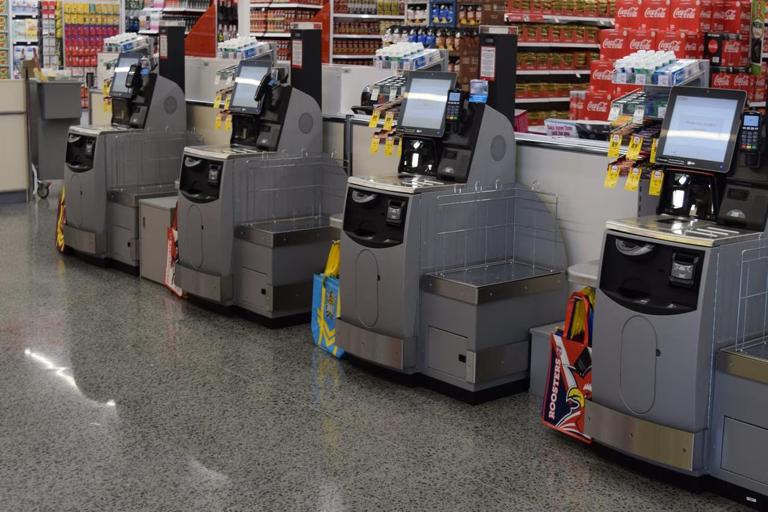Major retailers across the United Kingdom are accelerating trials of AI-powered checkout systems as they look to reduce queues and streamline the shopping experience. Several supermarket chains have installed pilot units in busy urban branches, hoping to ease pressure during peak hours and improve customer satisfaction. Early results show a measurable reduction in wait times, particularly during lunchtime and after-work periods when traditional staffed checkouts often become congested.
The new systems use a combination of computer vision, weight sensors and machine-learning algorithms to identify products as customers place them on the checkout surface. Engineers involved in the rollout say the latest versions are far more accurate than earlier models, having been trained on extensive product datasets and real-world store conditions. This increased accuracy reduces the need for manual overrides, which has historically been a major obstacle to the adoption of automated checkout systems.
Retail analysts note that the push toward AI-enabled checkouts is part of a wider shift within the sector, as companies embrace automation to address staffing challenges and rising operational costs. Many chains believe the technology can help free up employees for customer service roles elsewhere in the store, improving the overall shopping experience. However, experts caution that implementation must be handled carefully to avoid frustrating customers unfamiliar with the new process.
Some early adopters have raised concerns about the potential implications for privacy, given the systems’ ability to capture detailed visual information as part of the item-recognition process. Retailers insist that images are processed in real time and are not stored, while data collected for system improvement is anonymised. Nevertheless, consumer-rights groups have encouraged companies to provide clear guidance about how such systems work and what safeguards are in place to protect customer data.
Feedback from shoppers suggests that once customers understand the process, many appreciate the speed and simplicity of the AI-powered checkouts. In stores where trials have been running for several months, regular visitors say they have become accustomed to the new technology and now opt for it over traditional tills. Retailers say this early acceptance will play a significant role in determining whether large-scale deployment becomes viable in the coming years.
Industry observers expect the technology to evolve rapidly as more data becomes available from ongoing trials. Improvements in product recognition, payment integration and accessibility are likely to feature in the next round of updates. For now, retailers across the UK are closely monitoring trial outcomes, hoping to strike the right balance between innovation, efficiency and the personalised service customers still value in a brick‑and‑mortar shopping environment.
